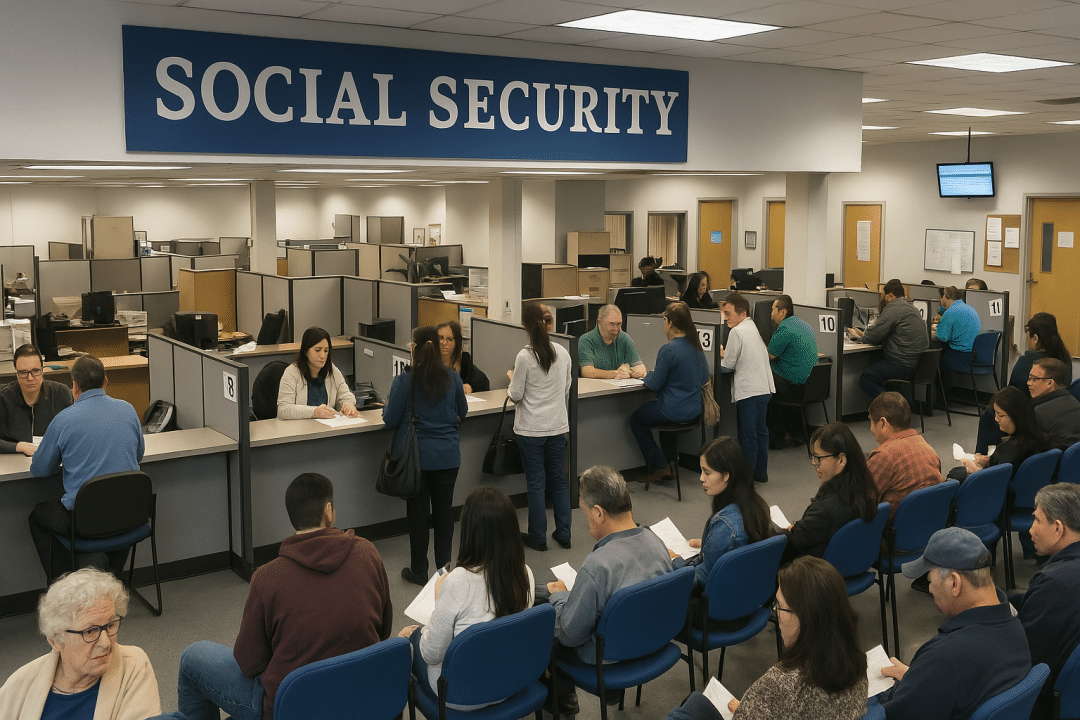Social Security recipients are increasingly targeted by misleading financial tips online. One particularly harmful myth spreading across platforms like Facebook claims you should remove your Social Security money from its original deposit account immediately to avoid government seizure. Experts say this is not only incorrect—it could also jeopardize your legal protections.

The Viral Myth: Should You Move Your Social Security Funds?
Here’s the claim circulating online:
“Remove all funds from the account where you receive federal payments. Use that account only for deposits, then move the money out.”
The supposed threat? That a federal agency could declare you dead and reclaim your funds.
This claim, often linked to cost-cutting efforts by the Department of Government Efficiency (DOGE), is completely unfounded, according to policy analysts.
What Really Happens When You Move Your Benefits
According to Mary Johnson, a well-known Social Security and Medicare policy analyst, “A knee-jerk reaction could just make things worse.”
Here’s why:
- Federal benefits are coded when directly deposited, giving banks the ability to protect those funds from many types of garnishment.
- Once the money is transferred to another account, those codes are lost, and legal protections may no longer apply.
- Debt collectors may gain easier access to your funds if they’re no longer protected under federal law.
How Social Security Funds Are Legally Protected
When a garnishment order is issued, banks are required to check if federal benefits were deposited in the past 60 days:
| Protection Rule | Details |
|---|---|
| 60-Day Lookback | Banks protect two months’ worth of benefits. |
| Protected Amount | Whichever is higher: federal deposits or state law limits. |
| Excluded Income | SSI and child benefits are not garnished for federal taxes. |
Moving those funds elsewhere could eliminate that safety net.
Why Direct Deposit Is Now the Standard—And Safer
As of September 30, 2025, all federal payments must be made electronically. Paper checks will be phased out unless no alternative is available.
Two main options:
- Direct deposit into a checking or savings account
- Direct Express® Debit Mastercard®, a prepaid option for those without bank access
Why it matters:
- Paper checks are 16 times more likely to be lost or stolen than electronic transfers, per the Treasury Department.
- Depositing a check doesn’t trigger the same consumer protections as direct deposit.
Scammers & Social Media: A Risky Combo for Retirees
The rise in bad advice on social platforms has serious consequences:
- Seniors may make panic-induced financial decisions.
- Scammers often exploit fears about federal overreach or shutdowns.
- Missteps could leave beneficiaries unprotected in disputes over garnishments.
“Depositing benefits via direct deposit and keeping them in that account is the safest option,” said Johnson. Moving funds based on unfounded fears may open doors to fraud or seizure.
Bottom Line: Don’t Let Misinformation Put Your Benefits at Risk
If you’re worried about your Social Security, contact the Social Security Administration directly or visit SSA.gov/deposit. Don’t rely on viral posts for your financial security.
